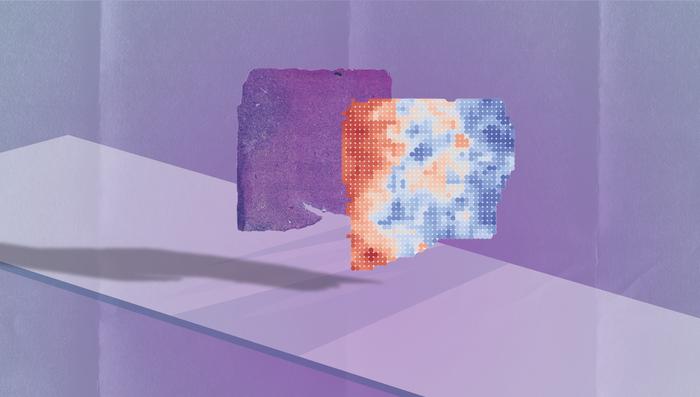Stanford Medicine researchers have developed an artificial intelligence tool that can predict genetic activity in tumor cells by analyzing standard microscopy images, potentially replacing costly genetic tests that can take weeks to complete. The system, named SEQUOIA, could dramatically speed up treatment decisions while reducing healthcare costs.
Journal: Nature Communications, November 14, 2024 | Reading time: 4 minutes
From Images to Gene Signatures
“This kind of software could be used to quickly identify gene signatures in patients’ tumors, speeding up clinical decision-making and saving the health care system thousands of dollars,” says Olivier Gevaert, PhD, professor of biomedical data science and the study’s senior author.
The team trained SEQUOIA on 7,584 cancer biopsies spanning 16 different cancer types. Each sample included both standard microscopy images and detailed genetic data about which genes were active in the tumor cells.
A Powerful Predictive Tool
The AI system proved particularly effective at identifying large-scale genetic patterns called gene signatures, which doctors use to guide treatment decisions. For some cancer types, SEQUOIA’s predictions showed over 80% correlation with actual genetic data.
To validate the system’s clinical potential, researchers tested it against FDA-approved commercial breast cancer tests that analyze gene activity to predict recurrence risk. SEQUOIA matched these tests’ ability to identify high-risk patients using only biopsy images.
Future Clinical Applications
While SEQUOIA requires FDA approval before clinical use, it represents a potential revolution in cancer diagnosis. Rather than waiting weeks for expensive genetic sequencing, doctors could get immediate insight into a tumor’s genetic activity from standard biopsy images.
Glossary
- RNA sequencing: Process of analyzing which genes are active in cells
- Gene signatures: Groups of genes that are typically activated together
- Transcriptome: Complete set of genes being used by a cell
- Biopsy: Tissue sample taken for medical examination
- Hematoxylin and eosin staining: Standard method for preparing tissue samples for microscope viewing
Test Your Knowledge
1. How many cancer types was SEQUOIA trained on?
The AI system was trained using 7,584 biopsies from 16 different types of cancer.
2. What accuracy level did SEQUOIA achieve for some cancer types?
For some cancer types, the AI-predicted gene activity showed more than 80% correlation with actual gene activity data.
3. What type of cancer was used to validate SEQUOIA’s clinical potential?
Breast cancer, comparing SEQUOIA’s predictions to FDA-approved commercial breast cancer genomic tests.
4. What major advantage could SEQUOIA offer over current methods?
It could provide immediate genetic insights from biopsy images, replacing tests that take weeks and cost thousands of dollars.
Enjoy this story? Subscribe to our newsletter at scienceblog.substack.com


